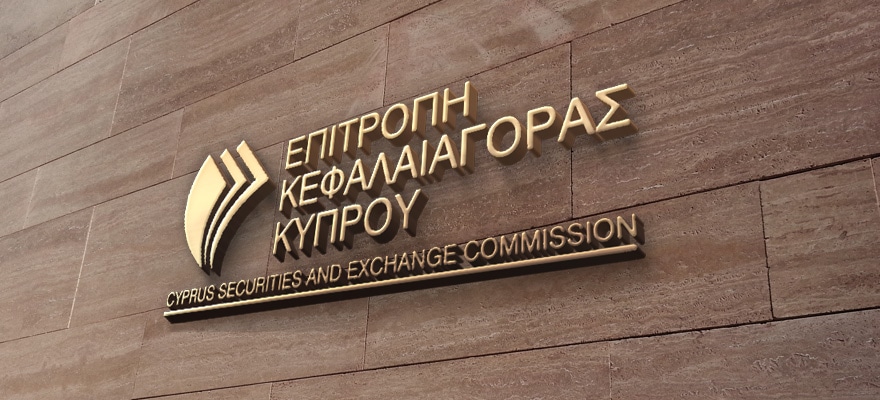The Cyprus Securities and Exchange Commission (CySEC ) published a detailed policy statement on Monday, covering the registration process and operations of the crypto-asset service providers (CASPs).
It highlighted that depending on the structure of the businesses, the crypto assets will either qualify as financial instruments under the Investment Services and Activities and Regulated Markets Law or as Electronic Money under the Electronic Money Law.
Additionally, the crypto-assets can be a digital representation of value that is neither issued nor guaranteed by a central bank or a public authority.
The latest policy framework will need crypto companies to align their businesses with AML/CFT rules, which will impose several obligations like organizational and operational requirements, due diligence measures, drawing the economic profile of their clients, identification of the source of funds and monitoring transactions, among others.
Legitimizing Crypto
CySEC first issued a directive, revealing its plan to register crypto service providers in June 2021. The regulator is following the path of its counterparts in Malta and Gibraltar in providing status to crypto businesses.
This move by the regulator can also be seen as a push to put Distributed Ledger Technology (DLT) ) in the mainstream.
However, CySEC pointed out many risks of integrating DLT in the securities markets like interoperability, standardization and adoption of the technology, scalability, governance issues, and conformity with the existing regulatory framework.
Moreover, the regulator stated that it will commence to evaluate applications from existing or prospective CASPs and have encouraged others to consult PS-01-2021.
CySEC's Chair, Demetra Kalogerou said: “Our proactive engagement with crypto businesses under the CySEC Innovation Hub, aiming to support innovative businesses and to engage with providers of emerging financial technologies, ensured that our expectations were clearly communicated to market participants well in advance and that the Cypriot framework has captured the industry’s pace, alleviating the risks involved. Our work on financial innovation at national and EU level is ongoing, and we are determined to encourage responsible innovation, whilst ensuring the orderly functioning of the markets.”

















